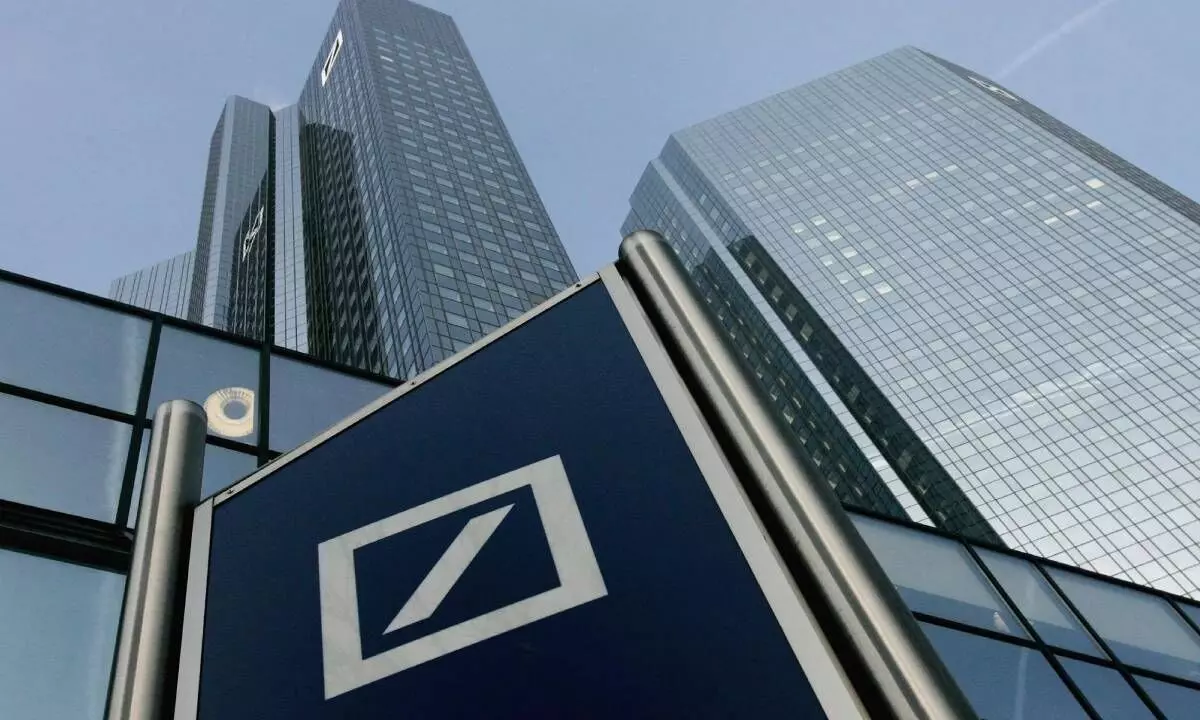US Fed behind curve, significant recession likely by late next year: Deutsche Bank
The US Fed has fallen significantly behind the curve and that substantial monetary restraint is now needed, said Deutsche Bank in a report.
image for illustrative purpose

New Delhi, April 29 The US Fed has fallen significantly behind the curve and that substantial monetary restraint is now needed, said Deutsche Bank in a report.
Notably, the US is currently witnessing a rise in inflation.
"Inflation is too high and unemployment has moved too low to be consistent with stable inflation," the report said.
The US Fed's Misery Index has jumped to four decade highs, the report said.
"It is noteworthy that in the past, every time this index has moved noticeably above zero, the economy has gone into recession within a few years as a result of monetary tightening."
On this basis, the Fed is currently much behind the curve than it has been since the early 1980s.
"In the past, high levels of the index as we are seeing now, have tended to be followed by more aggressive Fed tightenings and more severe recessions."
All this means the Fed now has a lot of work to do to catch up and the first task would be to get the fed funds rate back to neutral as quickly as possible, the report said.
"With inflation likely to be elevated well into next year, the natural level of the Fed funds rate could well be in the vicinity of 5 per cent."
The monetary tightening and the financial upheaval that accompanies will push the economy into a significant recession by late next year.
"As the downturn gets underway by late next year, we can see the Fed reversing course and the economy picking up again by mid-2024."
Inflation will then gradually recede toward the target on the back of increased slack in the labour market and the economy more broadly, it added.
"In our view, the sooner this process takes place the better."

